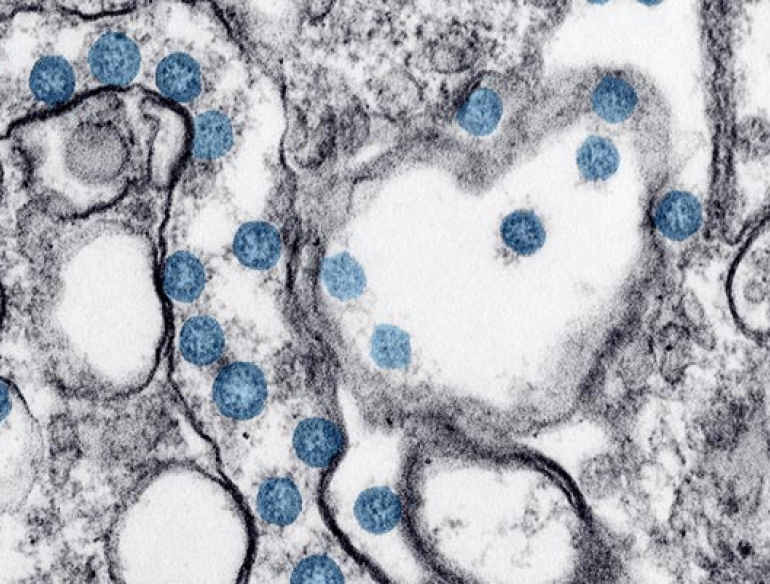Given the speed and mortality of the COVID-19 pandemic, there is an urgent and critical need to establish its impact in these populations to plan for clinical and research needs. Recognising the critical importance of maintaining frontline clinical services in responding to COVID-19, this registry is designed to absolutely minimise initial data collection, while providing a framework to complete case descriptions as clinical service needs become less acute.
Since the emergence of COVID-19, there is a lack of research describing the clinical and biological outcomes in people with key conditions affecting immune function, including primary immunodeficiencies, acquired immunodeficiencies associated with immunosuppressive therapy, HIV infection, malignancy be it oncological or haematological, transplantation, and those on immune checkpoint inhibitors. There is an urgent and critical need to establish its impact in these populations to plan for clinical and research needs.
The existence of established networks in Australia, including in community settings, that are conducting observational and interventional studies in these groups provides a unique opportunity to rapidly gather actionable information on COVID-19 illness and outcomes in people with immune function alterations.
An observational cohort study will be conducted in immunosuppressed populations undergoing COVID-19 evaluation. The study will characterise the clinical features of COVID-19 infection in this population, as well as the clinical course and outcomes, in order to evaluate clinical risk factors for:
- infection with coronavirus compared with other respiratory pathogens
- hospitalisation
- severe illness (ICU admission) or death.
The study will determine if immunocompromised populations will have higher rates of hospitalisation, admission to ICU and death, and longer duration of viral shedding after infection with COVID-19 compared to those reported in the literature on the general population. Secondly, it will determine if, despite this increased underlying risk, certain therapies used in this population may protect against adverse outcomes of COVID-19 coinfection: including protease inhibitor antiretroviral therapy and ICIs.
